
Latest Articles about China and the Asia-Pacific

China and the SCO: Dead Wood but a Good Platform
In the week before the Shanghai Cooperation Organization (SCO) Summit in Bishkek on September 12, Chinese General Secretary Xi Jinping visited four countries on China’s western flank—Turkmenistan, Kazakhstan, Uzbekistan and Kyrgyzstan—and met their presidents. In between these visits, Xi attended the G20 summit in Moscow... MORE
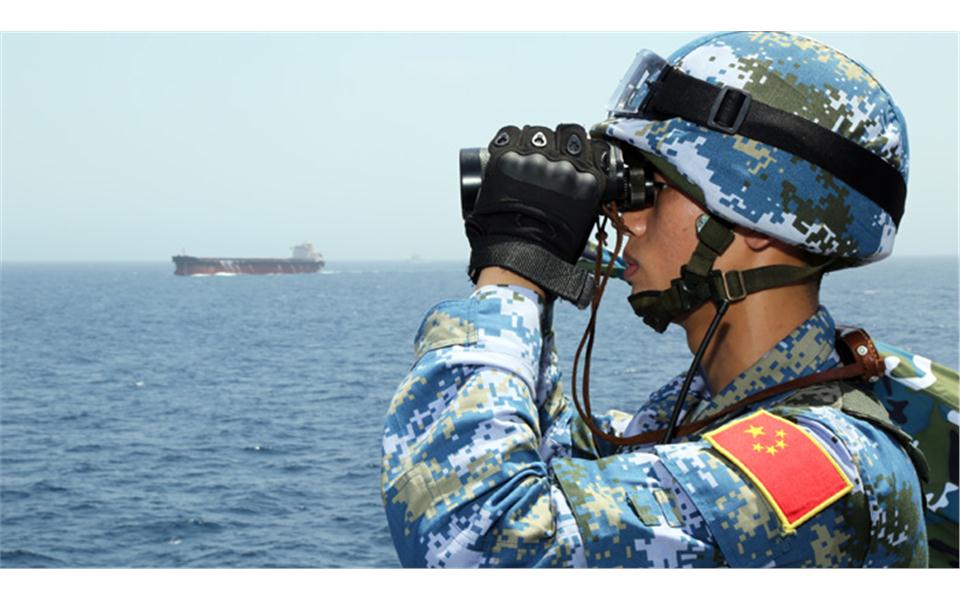
The Relevant Organs: Institutional Factors behind China’s Gulf of Aden Deployment
Numerous institutional factors have driven and incentivized China’s participation in anti-piracy operations in the Gulf of Aden. Central to executing China’s first instance of protracted Far Seas naval operations has been inter-agency coordination among the People’s Liberation Army Navy (PLAN) and other military and civil... MORE

Political Scandal in Taiwan Good Reason to Focus on Opposition’s Plans
With Taiwanese President Ma Ying-Jeou’s approval ratings at record lows following another scandal—one poll held in late September show that only 9.2% of Taiwanese voters approved of his administration—it is more likely than ever that the opposition will win the 2014 “seven in one” elections,... MORE
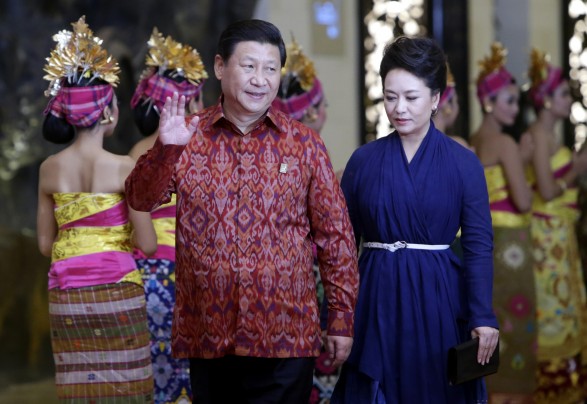
China Pushes “Silk Road” Regional Trade on Two Fronts
China’s top two leaders went to Southeast Asia last week with a message of regional economic integration, promising to build a “maritime silk road” (haishang sichou zhi lu) across the South China Sea (China News Service, October 3; Ministry of Foreign Affairs website, October 9).... MORE
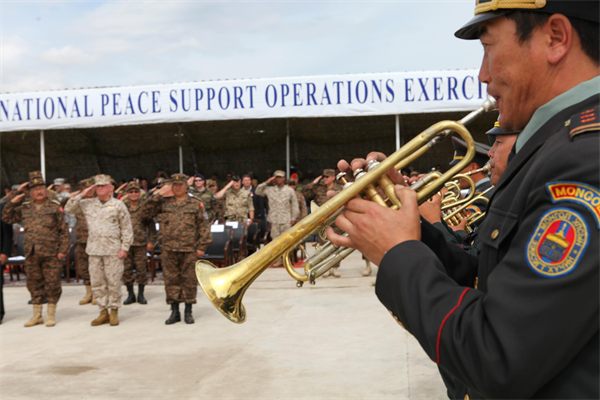
Mongolian Defense Diplomacy
Over the last few months, Mongolia has hosted or taken part in several multi-national military exercises with the aim to develop the Mongolian army’s peacekeeping abilities, as well as a way to leverage military-to-military ties as a tool of diplomacy. On August 10–13, Mongolia held... MORE
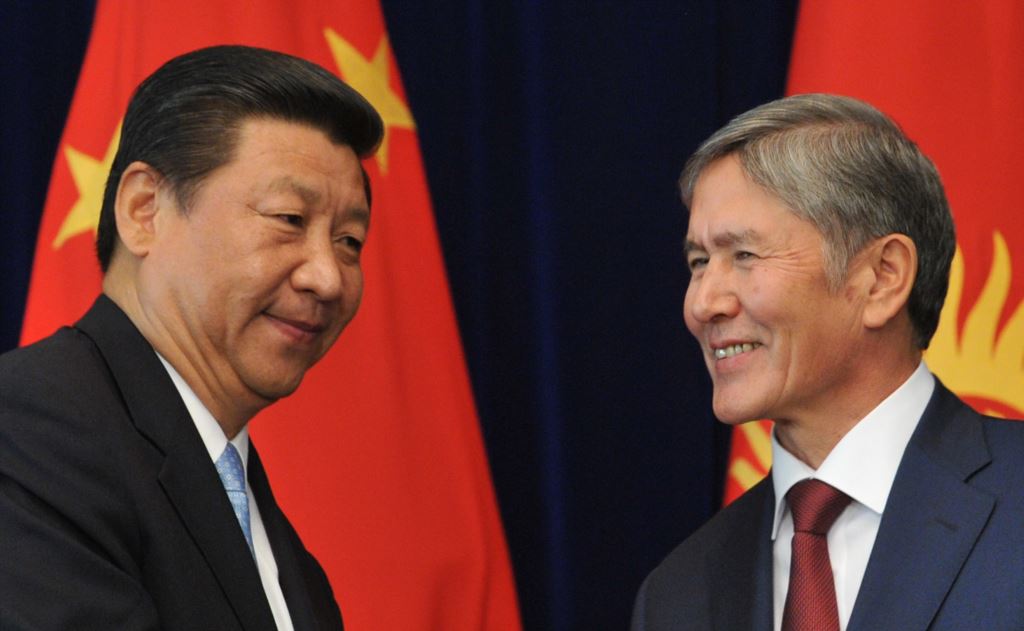
Chinese Investment in Kyrgyzstan Hampered by Unstable Business Climate
A joint declaration on strategic partnership was among several agreements that were signed following talks in Bishkek between visiting Chinese President Xi Jinping and his Kyrgyz Republic counterpart, Almazbek Atambaev, on September 11. Atambaev told reporters that the signed documents also include agreements on Chinese... MORE
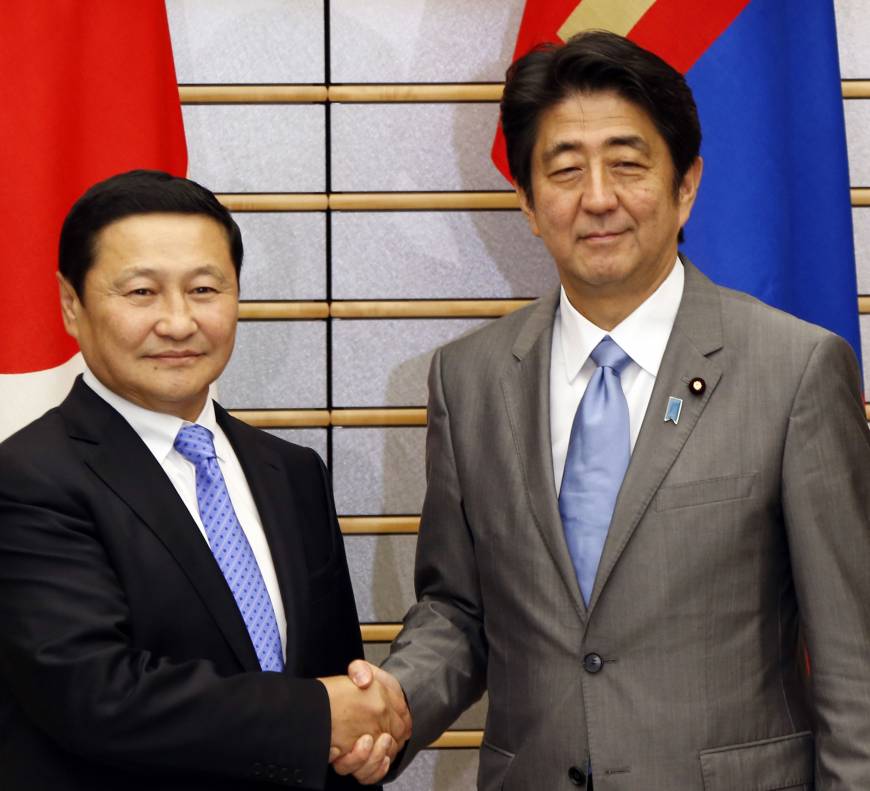
Prime Minister Altankhuyag’s Visit to Tokyo: Fleshing out the Mongolian-Japanese Strategic Partnership
Mongolian Prime Minister Norov Altankhuyag’s September 11–14, 2013 trip to Japan, his first overseas visit since becoming head of government in 2012, underscored the new vibrancy in Mongolian-Japanese relations. This visit reciprocated the very successful one of Japanese Prime Minister Shinzo Abe to Ulaanbaatar in... MORE
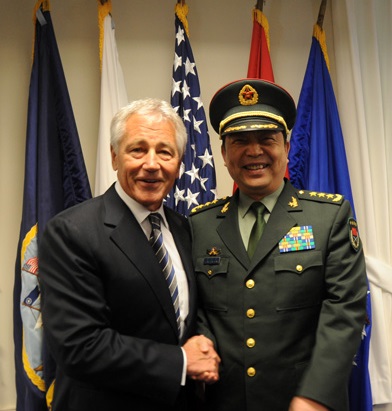
China-U.S. Military Ties on the Upswing
In less than two years, China-U.S. military relations have experienced a remarkable turnaround. President Xi Jinping in particular has expressed strong support for developing more military exchanges as part of his concept of a “new type great power relationship” between the People’s Republic of China... MORE
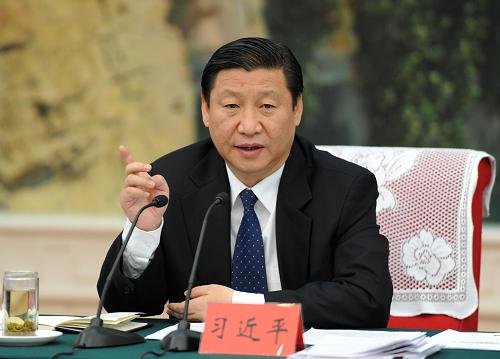
Ideological Crackdown Reaches the Strongholds of Reform
The Xi Jinping leadership has started an ideological movement among party members and citizens that is geared toward promoting hard-line socialist values and absolute obedience to Beijing’s edicts. While the Chinese Communist Party’s (CCP) Rectification Campaign, announced earlier this year, was focused mainly on nurturing... MORE
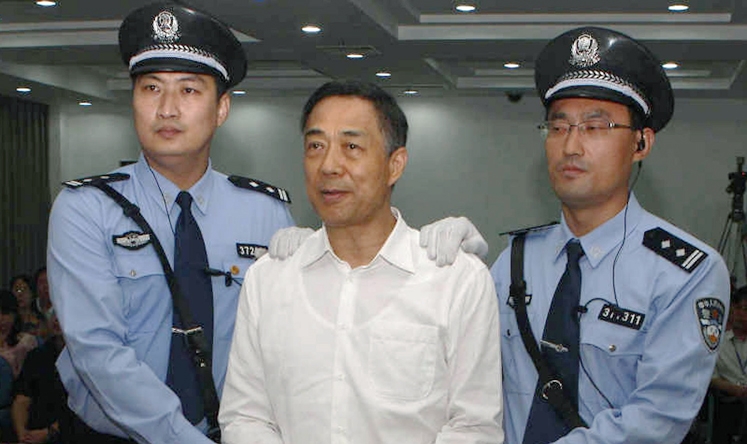
Bo’s Arrest was About Politics—But His Verdict May Have Been About Corruption
Fallen Chinese leader Bo Xilai was sentenced to life in prison on Sunday, September 22 on charges of corruption, abuse of power and bribery (Jinan Intermediate People’s Court, September 22). The verdict represents an end to the most politically explosive episode in China’s recent history,... MORE